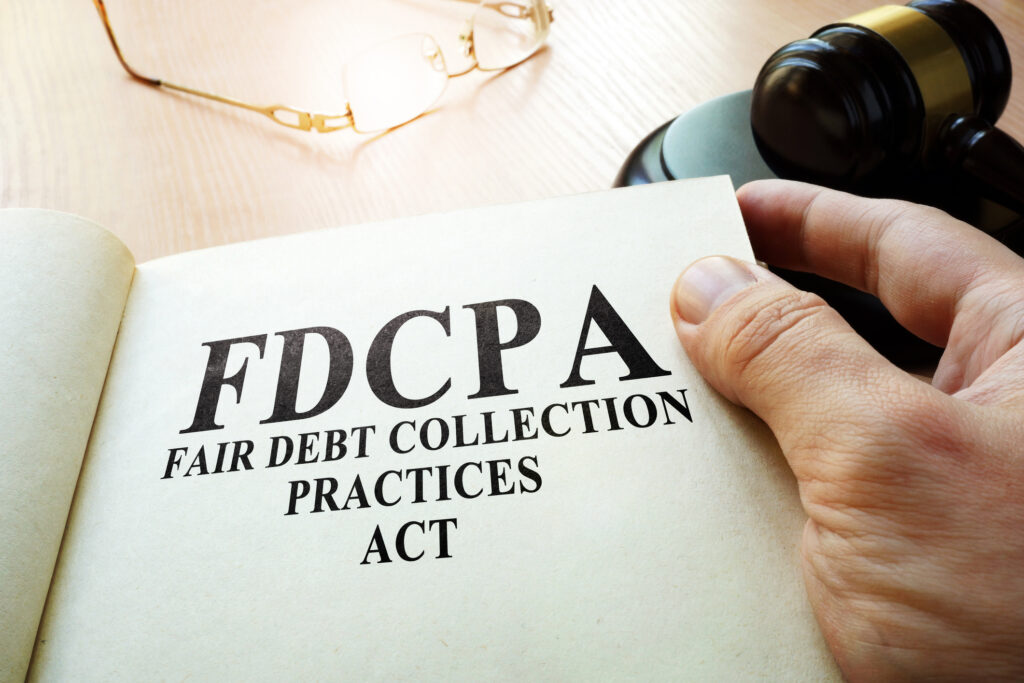
Letters Demanding Payment Did Not Overshadow Validation Period
Last Updated on June 24, 2023
A debt collection agency did not violate § 1692g(b)’s 30-day validation period by sending two letters demanding payment and offering settlement terms during that period, a district court in Illinois has ruled. In Moreno v. AFNI, Inc., 2019 U.S. Dist. LEXIS 107654 (N.D. Ill June 27, 2019), Mr. Moreno’s past due account with DirectTV was placed with the defendant, AFNI, Inc., for collection. AFNI sent Moreno two letters – one in January and a second in February of 2019.
In the first letter, AFNI notified Moreno that his past due DIRECTV account had been referred to them and that he should “take this opportunity” to pay the $283.03 account balance in full. In the second letter, AFNI stated that it was “making another attempt” to contact Moreno about the past due account, and offered to settle the account for $183.97, or 65%, of the past due balance. If Moreno paid that amount, the letter informed him, the account “will be closed and marked as settled in full with Afni, Inc. and DIRECTV.” According to Moreno, AFNI also “frequently” called him about the account.
Moreno filed suit against AFNI for its collection activities, alleging it violated §1692g(b) because, when considering AFNI’s collection activity “as a whole,” it created an impression that payment of the debt was immediately due and owing and overshadowed Moreno’s validation rights under § 1692g.
AFNI filed a motion to dismiss arguing that the letters and phone calls did not violate the FDCPA, and the court agreed. The court noted that neither letter contained language that is “confusing, threatening, or creates an impression of urgency such that the 30-day validation period would be negated.” The court went on to state that “the simple act of demanding payment in a collection letter during the validation period does not automatically create an unacceptable level of confusion” such that the least sophisticated consumer would feel as if his or her validation rights were overshadowed. Further, the court noted that Moreno had not alleged he had actually talked with anyone associated with AFNI during the January phone calls he allegedly received, so “no threatening or confusing statements” during those phone calls were at issue. Therefore, the court dismissed the complaint for failure to state a claim.
Key Takeaway
Key to the disposition of this matter was the failure of the consumer to allege that the debt collector made any statements, either in its letters or telephone conversations, which created a false sense of urgency or either negated or overshadowed the thirty-day validation period. The court’s dismissal was without prejudice and allowed for the filing of an amended complaint addressing the deficiencies of his original pleading; however, no amended complaint was ever filed and the case was ultimately dismissed with prejudice.
